Agoro Carbon's Science & Data Teams
High Quality, Science-Based Carbon Credits
Science & Data: Credits Rooted in Quality
Science Team
Agoro Carbon’s scientists work to ensure that soil-carbon quantification and calculations are scientifically robust, accurate, and measurable. They work with best-in-class soil-sampling design methods, sample analysis, and modeling procedures to ensure we measure and generate the highest-quality carbon credits. Our expert team reviews scientific literature regarding soil carbon sequestration, greenhouse gas emissions, and how these are affected by ag practices to best sequester soil organic carbon.
Our team of soil carbon leaders have published hundreds of scientific articles about soil science, carbon and more:
- Fugui Wang, Data Team Manager
- Dr. John Shanahan, Senior Science Manager
- Xiuying (Susan) Wang, Carbon Modelling Lead
Data Team
Accurate and transparent data supporting carbon credit claims is vital to the health and long-term viability of the ag carbon industry.
Agoro Carbon’s Data Team works together to understand the impact of newly adopted regenerative agriculture practices on soil organic carbon (SOC) levels. The stratification group is responsible for using proven tools and datasets to understand the specific characteristics of the land enrolled and help determine the number of and specific placement of locations for soil samples to be collected in order to fully and accurately represent the SOC levels of growers’ soils.
The soil sampling group then takes this information and is tasked with the logistical operations surrounding the collection and analysis of these soil samples in order to determine SOC levels during different phases. This collected data and the specific management data of each enrolled grower are then used by the modeling group, in conjunction with research findings from around the country and world, to determine the full impact of carbon practices on current and future SOC levels on a grower-by-grower basis.
Agoro Carbon's science and data teams deliver sound methodology and
calculations for soil carbon quantification to ensure they are
scientifically robust, accurate and with minimal uncertainty.
Agoro Carbon's science team delivers
sound methodology and
calculations for soil carbon
quantification to ensure they are
scientifically robust, accurate and with
minimal uncertainty.
Leaders In The Science of Soil Carbon
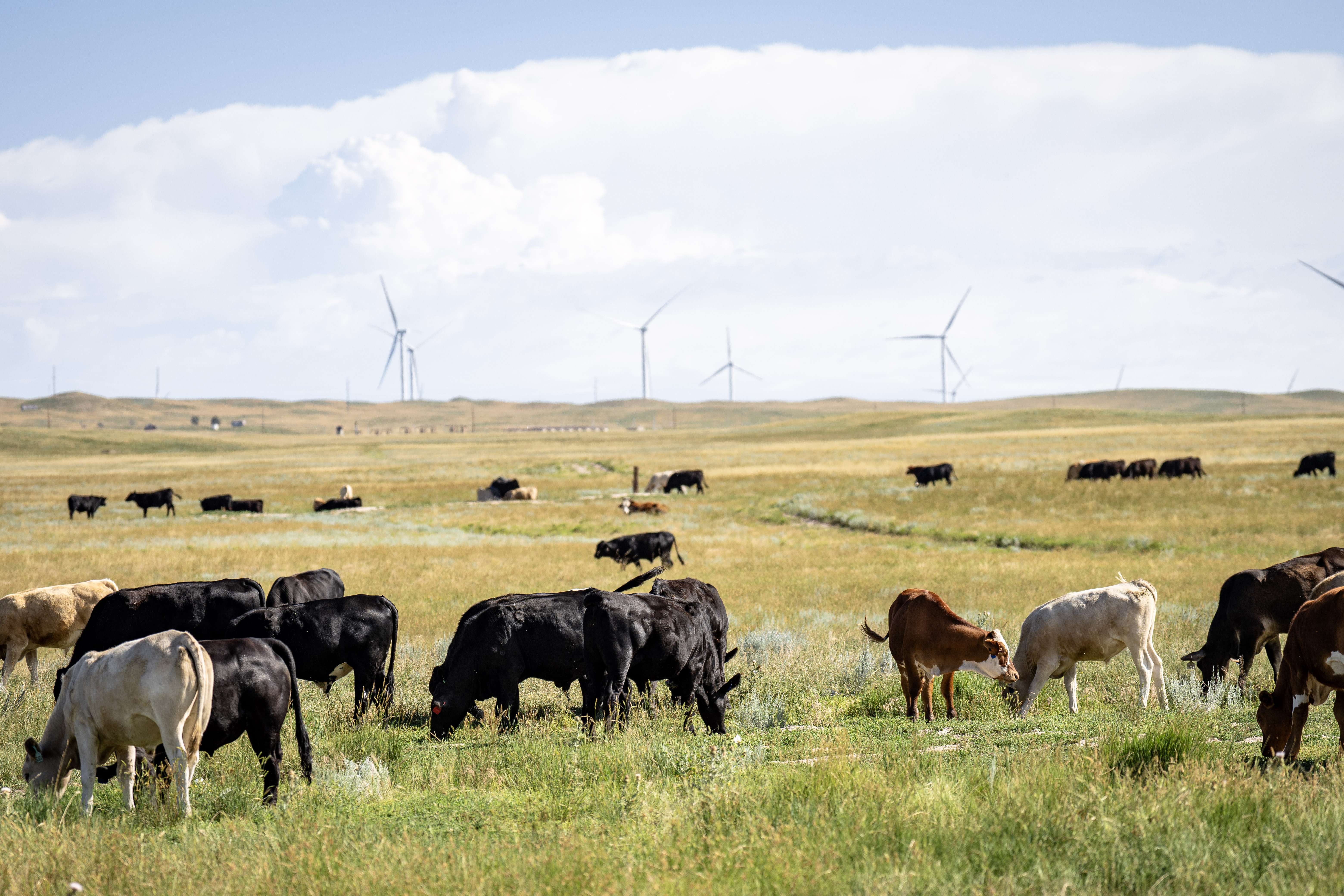
Broad Knowledge of Ag Carbon
Our global science team delivers specialized expertise in row crop, and range and pasture practice changes as well as improvement in livestock system sustainability.
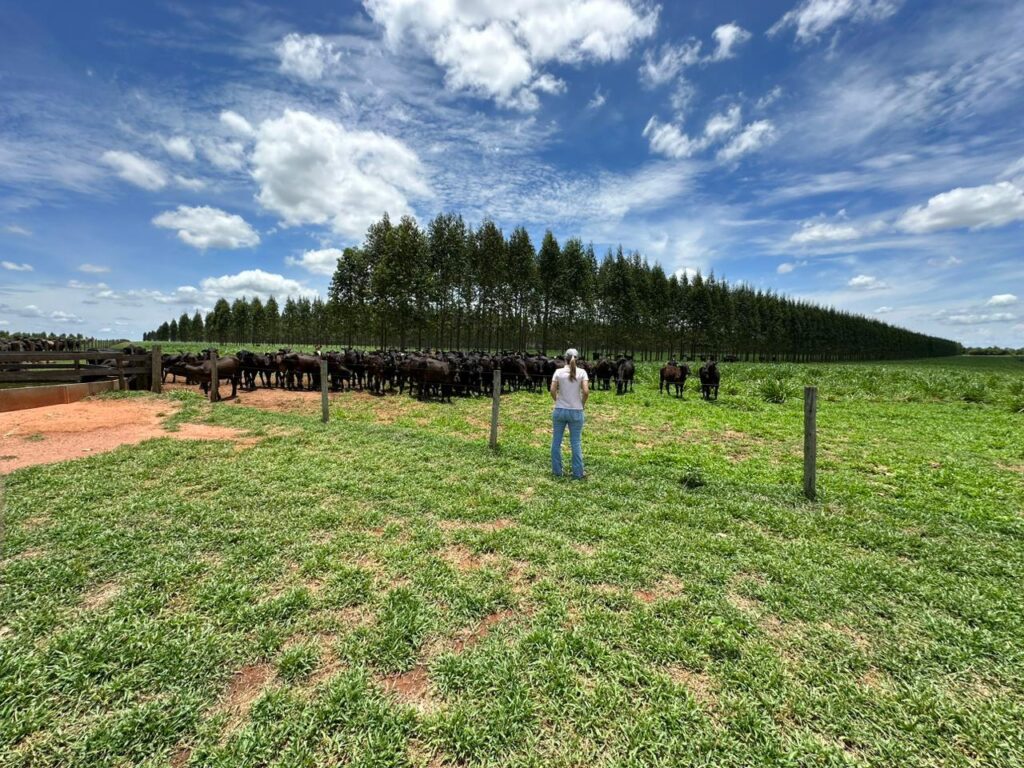
Best-in-Class Methods
Our soil sampling and carbon modeling methods ensure that we are able to accurately measure the carbon sequestration associated with the regenerative agriculture practices. Learn more about our model validation here.
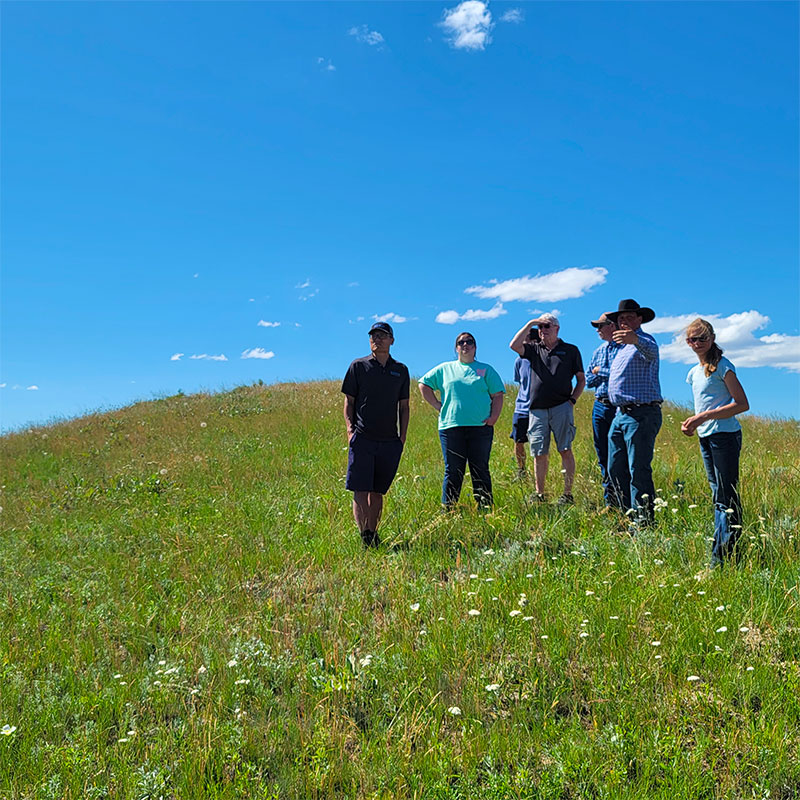
Highest Quality, Certified
Carbon Credits
We work with best-in-class soil-sampling methods, sample analysis and modeling procedures to ensure that we measure and create the highest-quality carbon credits.
Rooted in Science & Farmer Success
Helping ranchers and farmers successfully implement carbon sequestering practices in their operation is our passion. Growers gain additional carbon revenue while improving the soil health of their land and carbon markets are assured of the quality of carbon credits offered by Agoro Carbon.”
John Shanahan, Head of Science
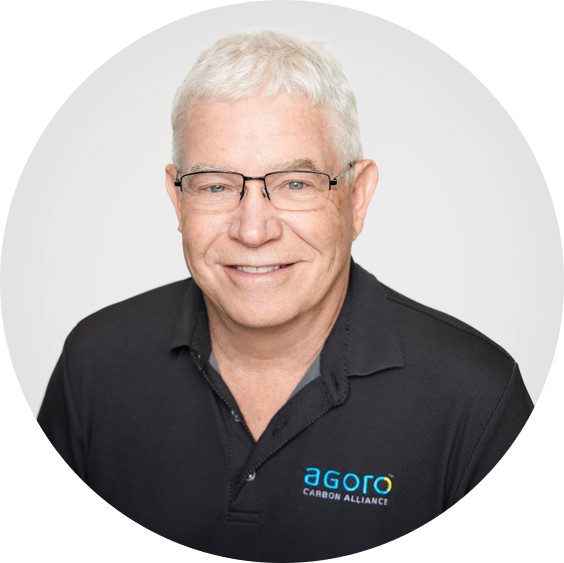
Shanahan
Dr. John
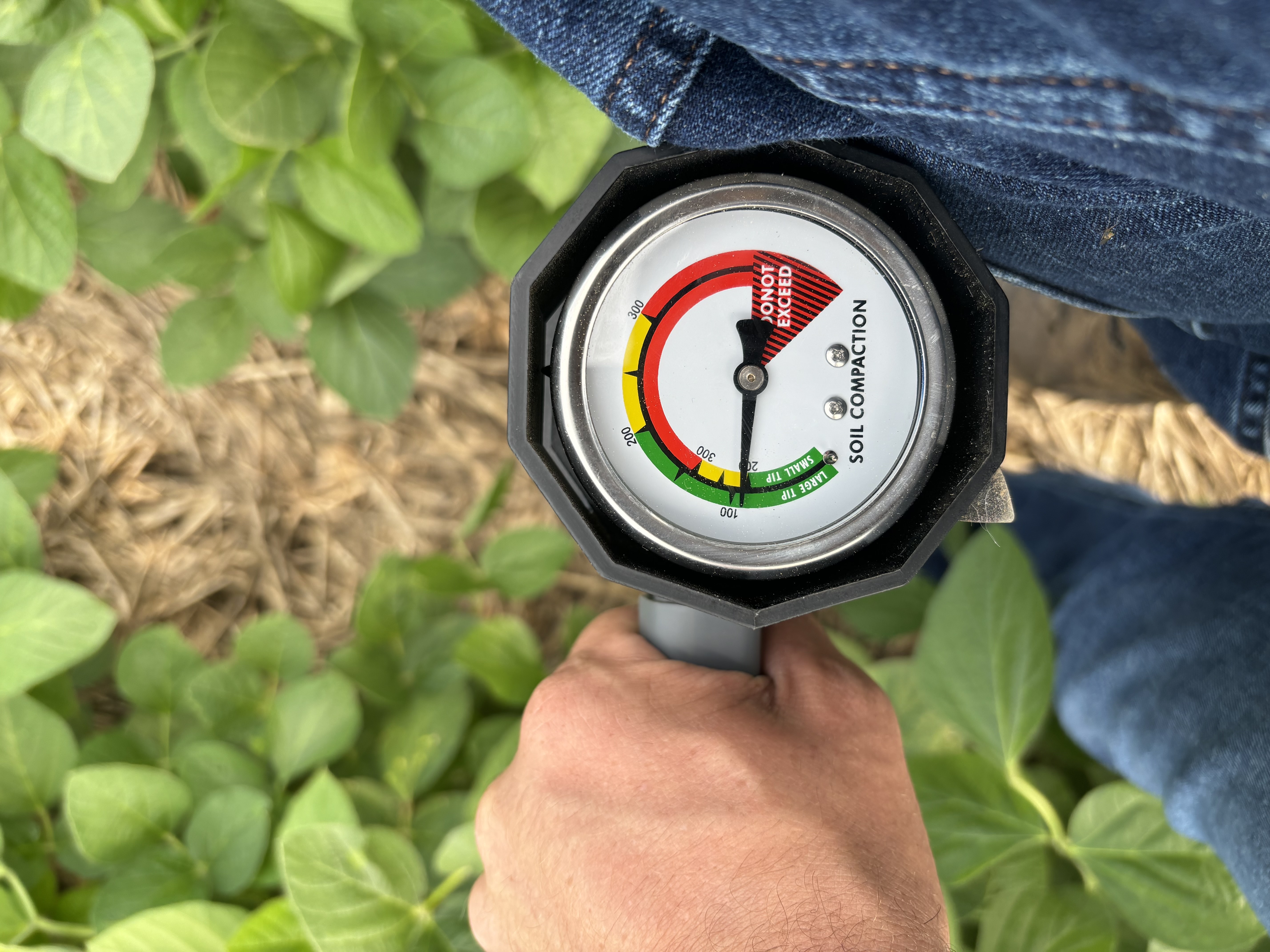
How We Accurately Measure Soil Carbon
The credibility of a carbon credit depends on precise measurement. Agoro Carbon follows Verra’s VM0042 methodology and combines aerial imagery, satellite data, and climate layers to ensure each soil sample reflects the true carbon content of the land, reducing bias and increasing accuracy. Download our report to learn how we ensure trust and transparency in every soil carbon credit.
Frequently Asked Questions.
Our scientists come from several fields, including data science, ecology, agronomy, soil science, geospatial analysis, agricultural engineering, and modeling – with many decades of experience. Our scientists and agronomists have worked in research, production, and technical roles across the United States and globally. This team ensures the quantification and calculations are scientifically robust.
The Science team helps to ensure that the practices Agoro Carbon offers are supported by scientific literature to sequester carbon or mitigate greenhouse gases. We accurately measure, quantify and report tradeable carbon – ensuring our claims are accurate, transparent and traceable.
We’re constantly evaluating new practices including: integrated crop-livestock systems, grazing crop residue and cover crops, feed additives for reducing enteric methane production in cattle and orchard systems.
Our science team is excited to explore the concept of insetting, and how we can help advise farmers on their whole carbon footprint. How can we bring in the folks who have already adopted some of these practices,i.e. legacy farmers and ranchers. Focusing on practices that generate high value carbon credits, ensure a safe food supply, and diversify income for producers. Having a better understanding of the rate of carbon accrual across a number of different practices on a large scale.
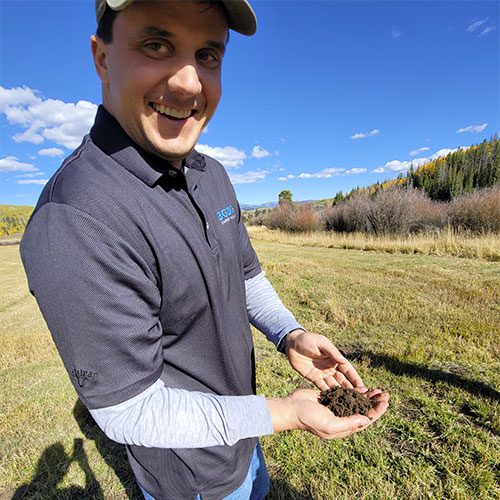
Want to Know More?
Take your first steps towards sequestering ag carbon by reaching out to an Ag Carbon Specialist with any comments or questions.